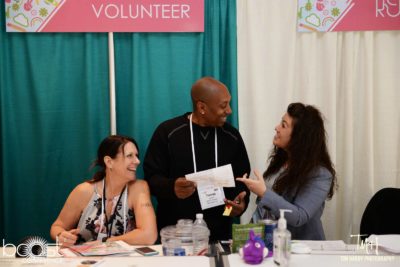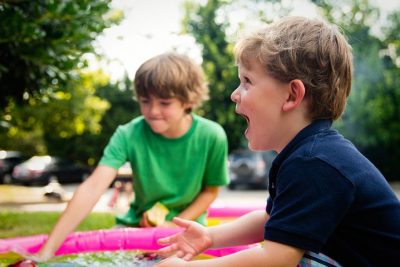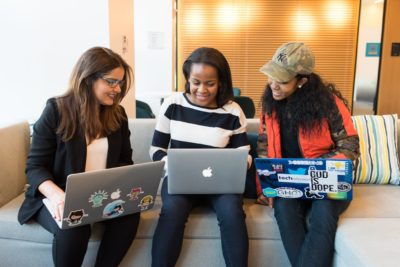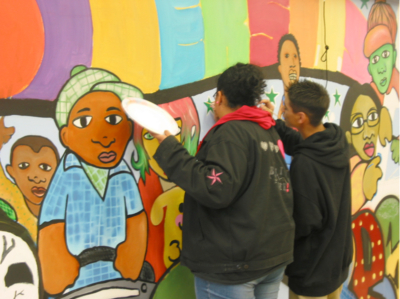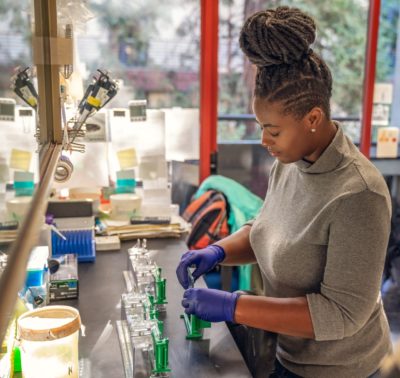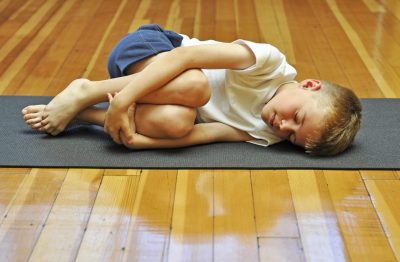Breakfast Club Blog

The BOOST Breakfast Club Blog is a curated space where bloggers from around the world contribute content on a continual basis about a variety of topics relevant to in and out-of-school time. The BOOST Breakfast Club blog is at the heart of an ongoing dialogue where expanded learning and education professionals share their personal thoughts and stories from the in and out-of-school time field. They also tell us what they ate for breakfast!
The BOOST Breakfast Club Blog is Brain Food for In and Out-of-School Time Leaders!
Interested in becoming a blogger? Email [email protected]
Click here to Register for a free account or click here to Login to your existing account.
Join the 2021/22 BOOST Leadership Team
The BOOST Leadership Team is critically important to the success and impact of the BOOST Conference. This amazing team provides big ideas, new connections, practical strategies while adding credibility to the planning and execution process. This comprehensive Leadership Team represents the diversity of after school, expanded learning, and out-of-school time programs and includes representatives serving at all levels of the field. We are a quality conference truly planned by dedicated (and fun) a...Read More
Let’s GROW! Tips for Program Replication and Expansion
Expanded learning programs have gotten a lot of attention in the first part of 2021 – and we deserve it! Funding from federal, state, and local governments is flowing to summer and out-of-school time providers, many of which are poised for large scale growth in the coming year. Thoughtful, intentional expansion is critical for our field to make the most of this opportunity. So, what should providers keep in mind as they ramp up? Our team at Public Profit helps mission-driven organizations take t...Read More
Bring a Strength-Based Approach to the Way You Communicate
Recently, I was reading program descriptions and program plans which included goals. As always, I was impressed with and proud of what afterschool program staff are able to accomplish and what they strive to do. One thing gave me pause. Deficit language reared its ugly head in more than a few of the program descriptions and plans. I realized that as a field we often talk about using a strength-based approach in our program activities and in our relationships with youth and family. Yet, we have h...Read More
Where the Rubber Meets the Road- Planning a Successful Afterschool Activity
Building on the concept that the most productive learning comes through active involvement, the effectiveness of any program that seeks to develop skills in youth must be rich in activity. Remember, most of the students sit for almost 7.5 hours a day! They are eager to be involved in activities that allow for action and interaction. Enthusiasm is contagious and movement essential. You do not need a repertoire of several hundred activities. Such a large selection is simply not practical and, more...Read More
Knitting Connections
This last year has shown us how important relationships are in every aspect of our lives, from walking by someone’s desk on the way to the bathroom to meeting up with friends at a local brewery. We are all missing the social connections that relationships provide. But, I, for one, have liked the time away from the busy-ness and from social events – it has given me time to myself to focus on other things, like KNITTING! Granted, I haven’t made anything more substantial than a scarf, but I l...Read More
Evergreen Learning Principles for Afterschool Programs
The Learning in Afterschool & Summer (LIAS) project was designed to unify the field of afterschool and focus the movement on promoting young people’s learning. If afterschool programs are to achieve their full potential, they must be known as important places of learning that excite young people in the building of new skills, the discovery of new interests, and opportunities to achieve a sense of mastery. “We spend so much time focused on ‘achievement’ and so little time fo...Read More
4 Things You Can Do Right Now to Promote Meaningful Participation in Afterschool
Research tells us that if we hope to make a difference in young people’s learning, we need to provide opportunities for learning that is meaningful. This is especially important as youth return to afterschool programs after a year of isolation. If young people are engaged in meaningful participation, they are empowered to be self-directed, make responsible choices about how to use their time, and participate as group members in making decisions that influence the larger program and what they lea...Read More
Why is it so important for girls to see women in STEM Careers?
I began this year with a big change, I started a new job that focuses on increasing gender equity in STEM. This got me thinking about why it is so important for girls to see women in STEM and how critical role models are to helping girls consider STEM activities and careers. Representation matters and encouraging girls from all backgrounds to pursue STEM starts with showing them they can, showing them what a female scientist looks like. It’s critical that girls see a diversity of STEM role model...Read More
Swing Out of the COVID Math Slide
It is too early to know how far student’s math skills have slid during this pandemic? Some studies estimate as much as a year of math, more than any other subject, will be lost by a large percentage of our students. Why might pandemic learning loss be worse in math than other subjects? Experts say: Unlike reading, math is process-oriented and almost always taught through formal instruction. Parents are often less equipped to help their children in math. Stress with pandemic may worsen existing ...Read More
Global Incidental Learning
I’m a big fan of incidental learning. It’s sort of like multi-tasking for educators. Way back when, my classroom had English, French, and Spanish labels taped to walls, cabinets, desks, and other objects throughout the room so my first graders could make connections to those languages during transitions or after completing assignments. By placing these labels around the room, my hope was they would learn these words incidentally during “down times,” or if (gasp) they weren’t paying attention to ...Read More
Our Kids Are Stressed Out – 5 Ways to Empower Youth To Find Their CALMM
Focus, Pay Attention, Sit Still, Listen, Follow Directions… Just a few phrases youth are bombarded with on a daily basis whether it’s coming from their parents, teachers or other adults in their lives. As adults it can seem as if our words go in one ear and out the other and that children lack attention, motivation and behavior is something they have immediate control over or is an intentional response. Our kids Are Stressed Out – Empowering Youth the find their CALMM In my years as an education...Read More
